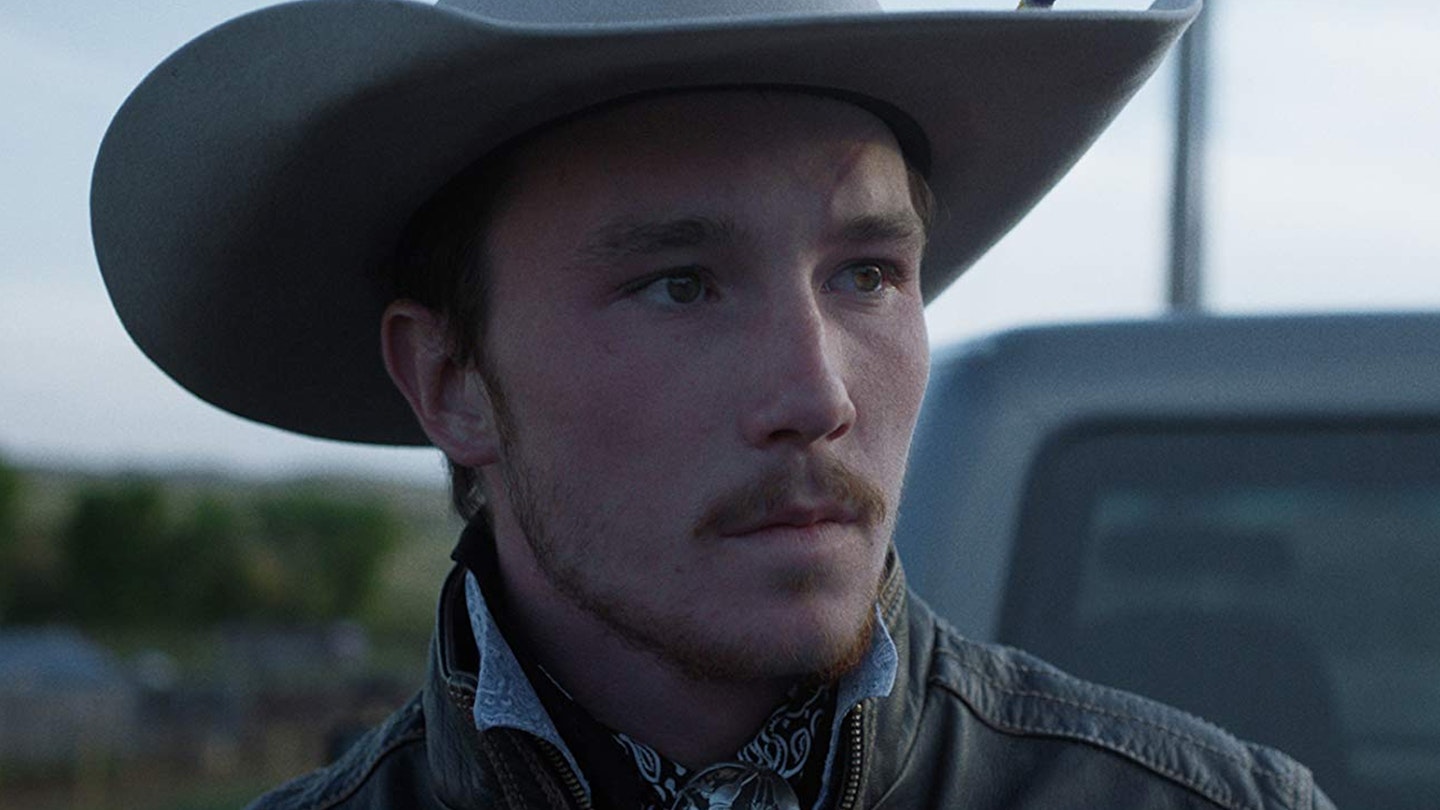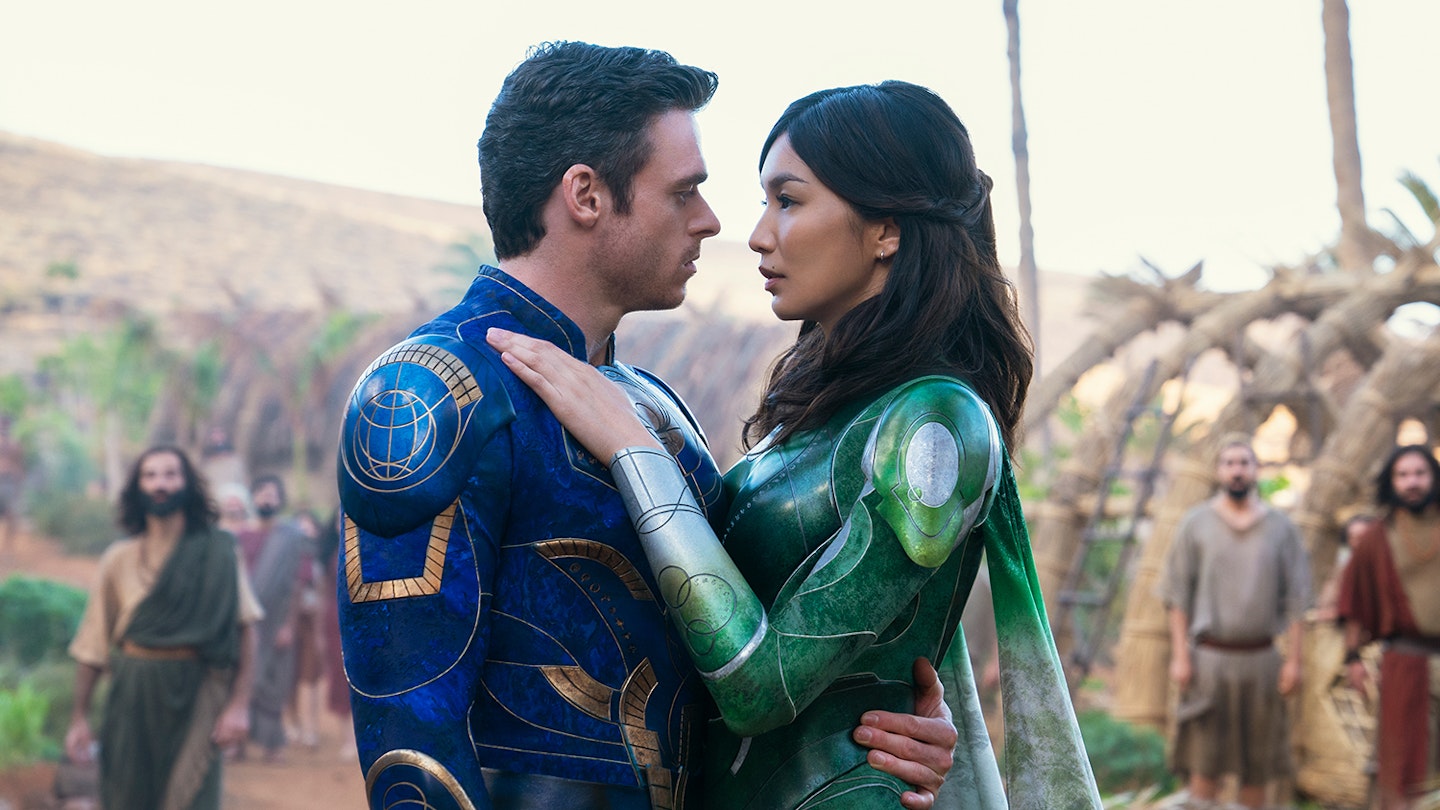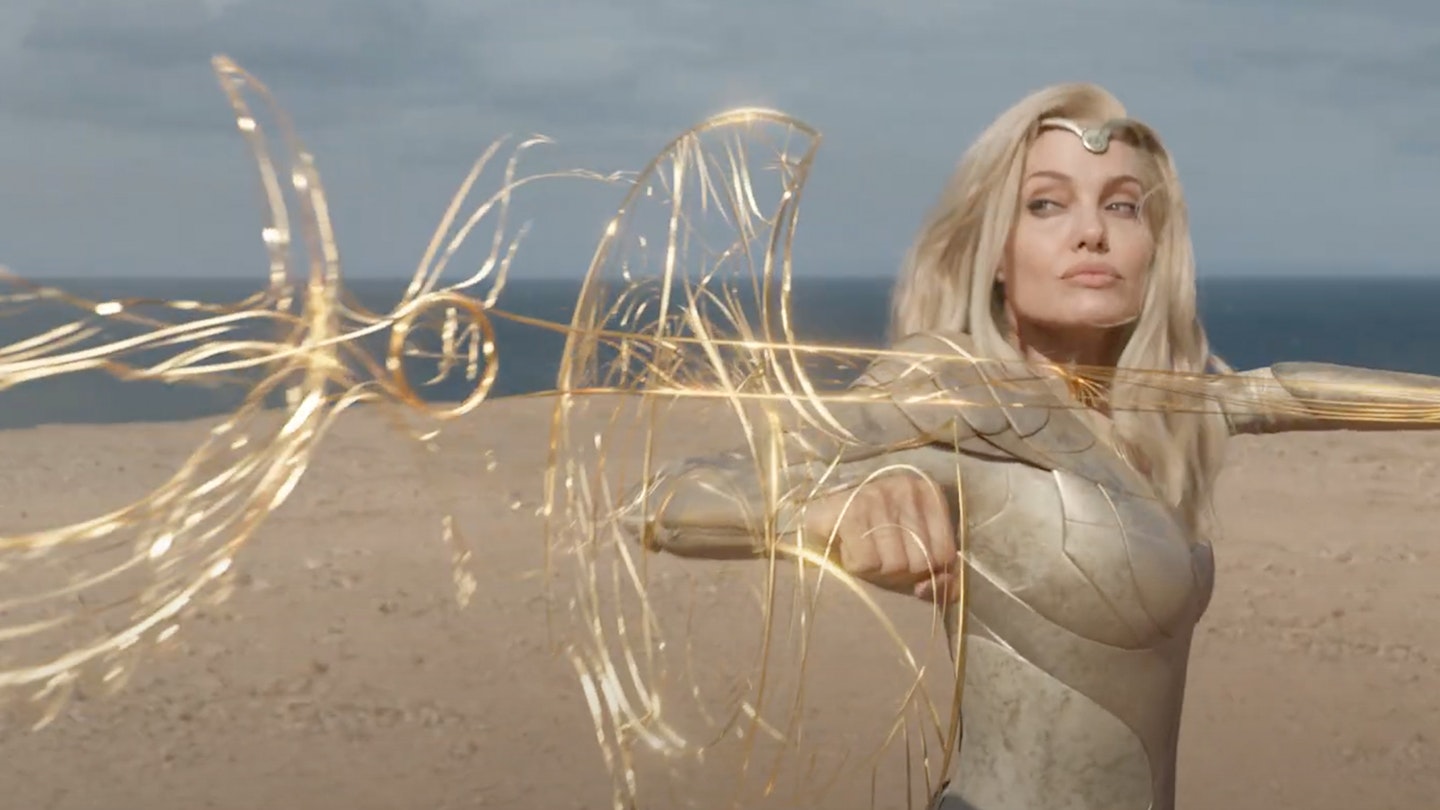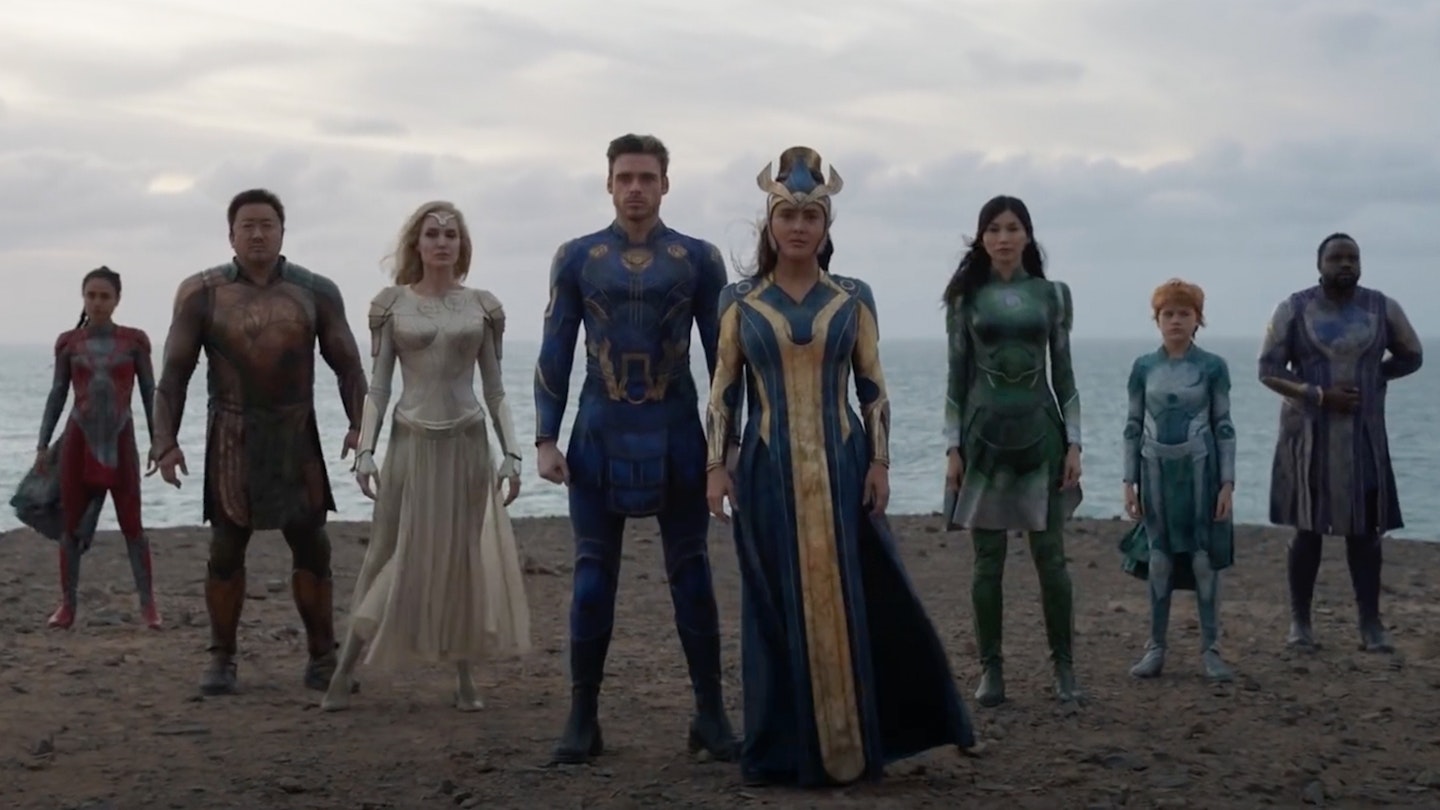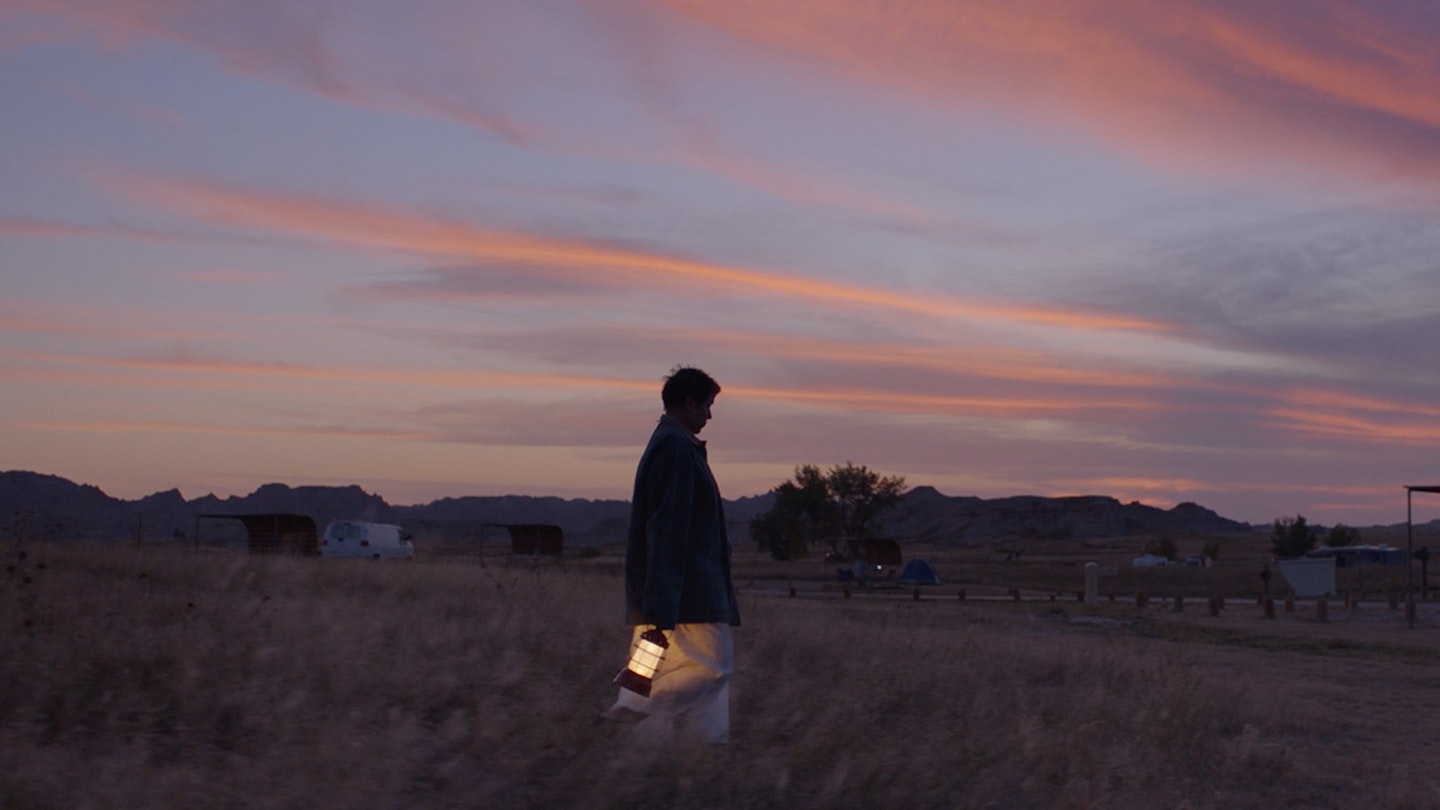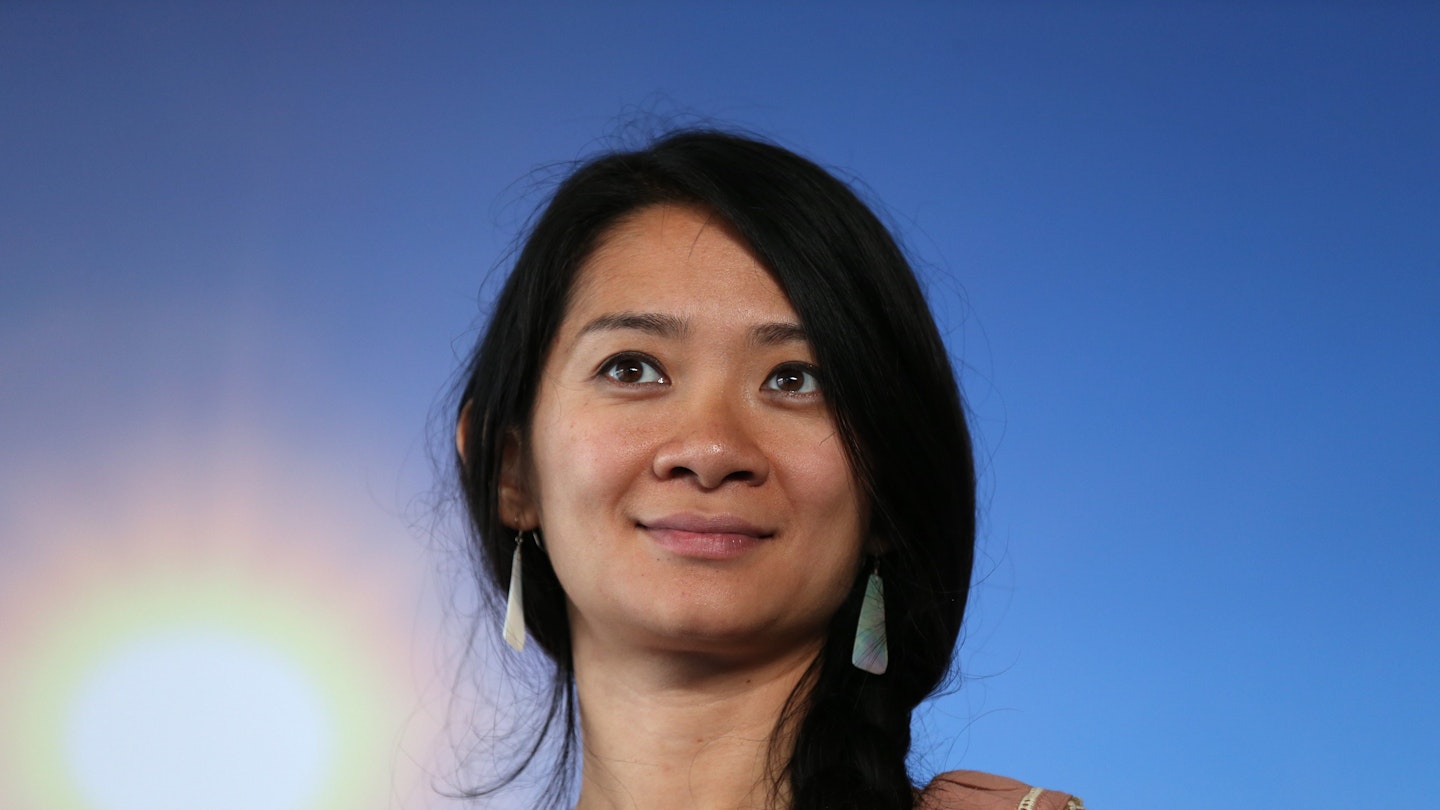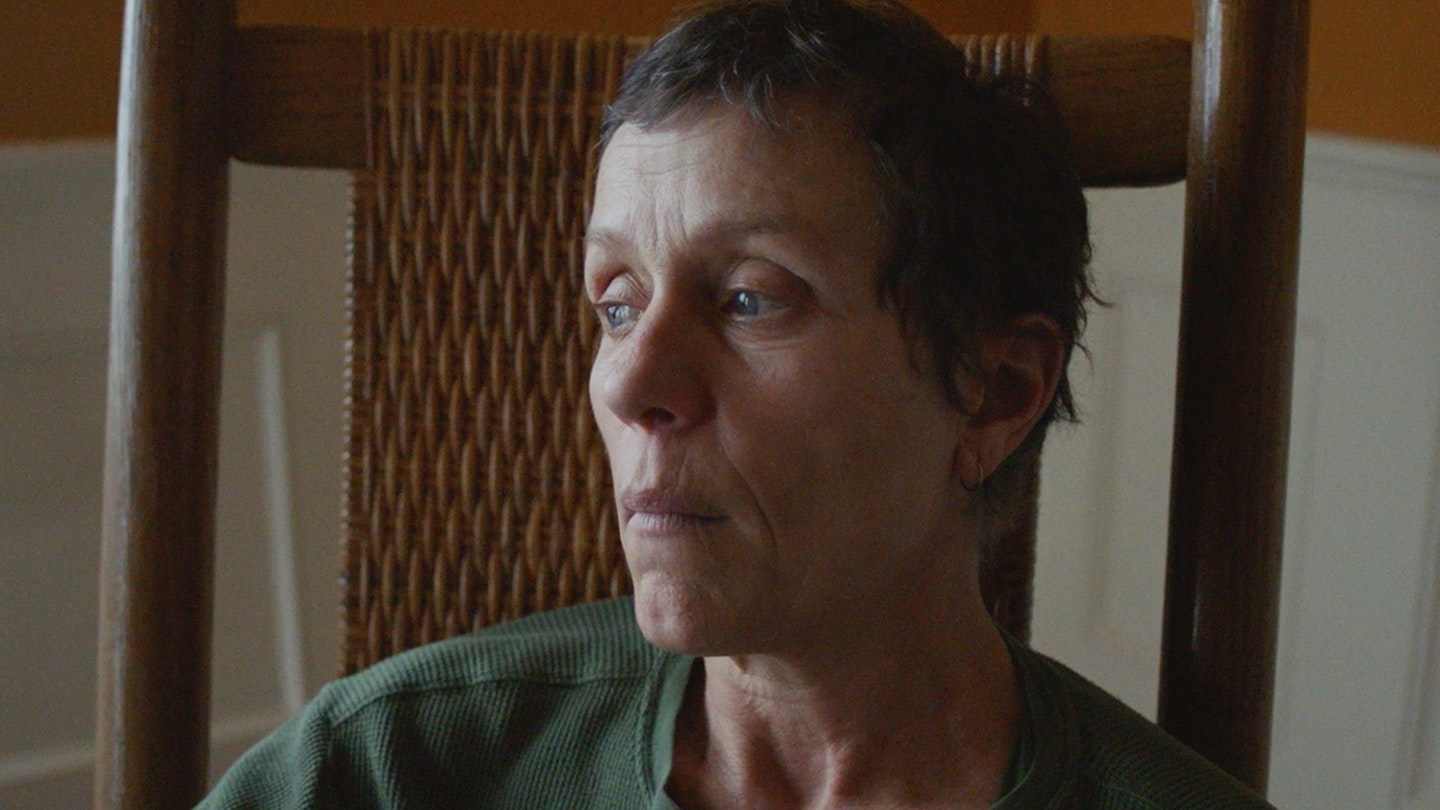Everyone knows about cowboys. One of the most mythologised figures in human history, the cowboy is a symbol of rugged individualism, uncompromising masculinity and a type of toughness that deals, unflinchingly, with whatever nature throws at him. But what if he faces a challenge that’s insurmountable? That’s the question in Chloe Zhao’s impressive second film, a small and deeply emotional tale set against the vast panorama of The West.
Shot and set in South Dakota’s Lakota-Sioux Pine Ridge Reservation, we meet Brady Blackburn (Brady Jandreau) shortly after his career as a rodeo rider has been stymied by a head injury. He’s left with a plate in his skull and a spasm in his hand, and doctors say that another fall could kill him. Despite this, everyone in Brady’s life — including the man himself — expects him to get back on the horse, literally and figuratively.
The plot is based closely on Jandreau’s reality, as Zhao crafted a story around a real injury. His lifelong friend Lane Scott (playing himself) was also victim to an even more devastating wound to the head. Yet the pair talk of little else but getting back to the rodeo. It’s how they define themselves: they are cowboys and that means, as another buddy puts it, that you “ride through the pain”.
If you allow yourself to be drawn in, there are moments that will stick with you.
But Zhao is more interested in the possibility that Brady’s forced exile from the saddle could prove permanent. What would that mean for his unreliable father Wayne (Tim Jandreau) and autistic sister Lilly (Lilly Jandreau), with their rent payments due? Where would it leave Brady himself? He faces questions of how he defines himself as a man, as a cowboy, as a son, friend and provider.
Brady gives an extraordinary performance for an untrained star, while his family and friends are similarly naturalistic and engaging. But it’s Zhao who must take the lion’s share of the credit, for spotting the cinematic potential in Jandreau’s face, for shooting her subjects so well that she gets great performances even from horses, and for keeping the story riveting even in wordless scenes. Zhao captures the weight and almost the smell of the rodeo horses, the dust hanging in the air and the wide prairies at magic hour. John Ford and Terrence Malick would be impressed.
Not everyone will love it: much of Brady’s anguish is unvoiced, and his particular passion for riding may leave some cold. But if you allow yourself to be drawn in, there are moments that will stick with you. Brady’s connection with his old horse, Gus, is profound, and it’s given glorious expression by cinematographer Joshua James Richards. Storms hover over the horizon, but even as the sky darkens there are still cowboys to get back on the horse and ride off into the sunset.
